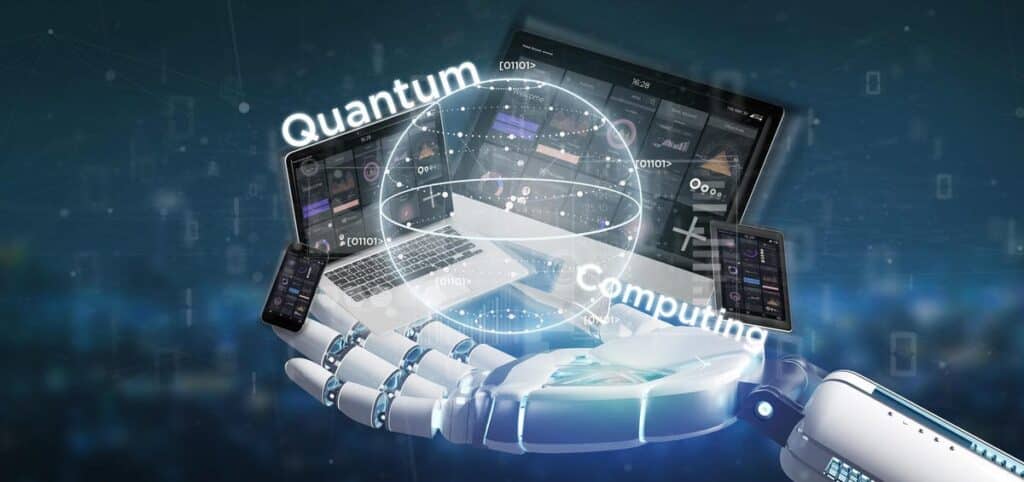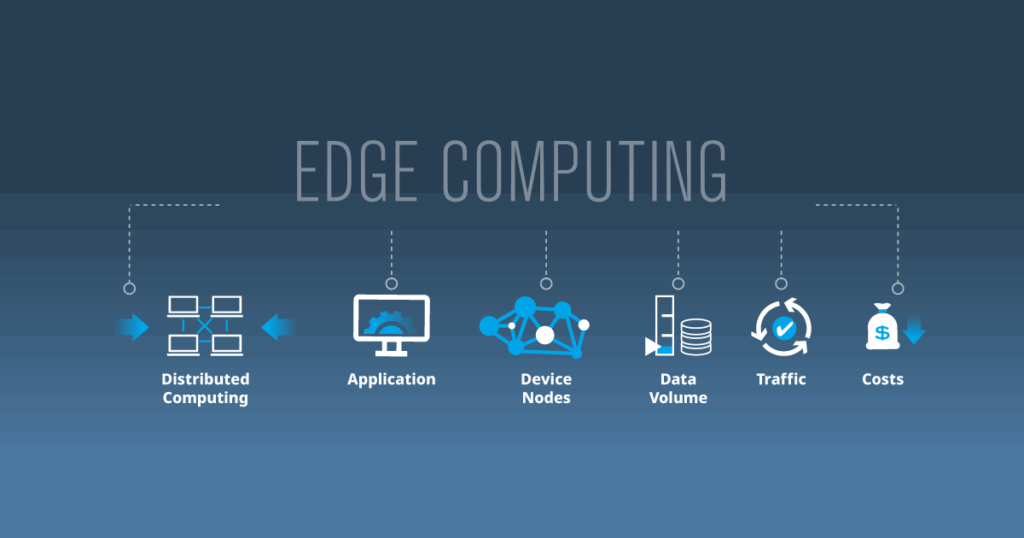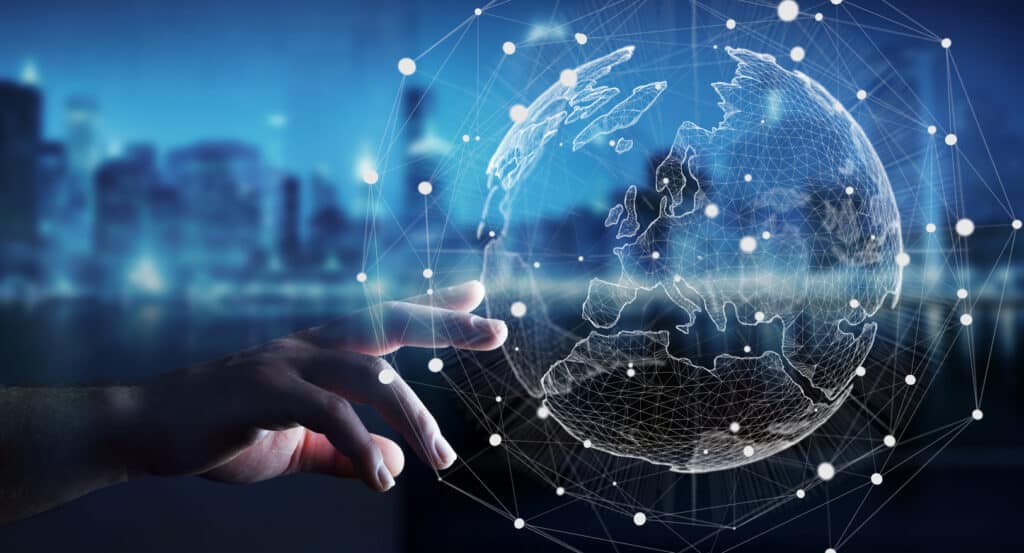As the world of technology continues to evolve, two cutting-edge concepts are gaining momentum in the realm of computing – Edge and Quantum computing. Both of these technologies have the potential to revolutionize the way we process and analyze data, but they are fundamentally different in their approach and capabilities. In this article, we will delve into the intricacies of Edge and Quantum computing, exploring their unique features, applications, and implications for the future of computing.
Contents
What is Edge Computing?
In recent years, Edge computing has appeared as a game-changing paradigm in the field of computing. Unlike traditional computing models where data is sent to centralized data centers for processing, Edge computing brings the processing power closer to the source of data, reducing latency and improving overall efficiency.
Edge computing is characterized by a decentralized approach, where computing resources are distributed across a network of devices, such as routers, gateways, and sensors, that are situated closer to the data source. This allows for real-time processing and analysis of data at the edge of the network, eliminating the need to reposition large amounts of data to a central data center.
What is Quantum Computing?
Quantum computing, on the other hand, symbolizes a paradigm shift in the fundamental principles of computing. While classical computers use bits to represent information as binary code (0s and 1s), quantum computers utilize quantum bits or qubits, which are capable of existing in multiple states simultaneously due to the principles of quantum mechanics, known as superposition.
Quantum computers leverage the unique properties of quantum mechanics, like entanglement and superposition, to perform computations that are beyond the capabilities of classical computers. These computations can solve complex problems in areas such as cryptography, drug discovery, optimization, and climate modeling, which are currently infeasible for classical computers due to their limited processing power.
Key Differences between Edge and Quantum Computing
While Edge and Quantum computing share the common goal of advancing the capabilities of computing, they are fundamentally different in their approach, technology, and applications. Here are some key differences between Edge and Quantum computing:
- Processing Location: Edge computing focuses on bringing computing power closer to the data source, processing data locally at the edge of the network. Quantum computing, on the other hand, relies on quantum bits or qubits to perform computations that are beyond the capabilities of classical computers.
- Processing Power: Edge computing leverages existing computing resources, such as routers, gateways, and sensors, to process data locally. Quantum computing, on the other hand, relies on the unique properties of quantum mechanics, such as superposition and entanglement, to perform computations that are exponentially faster than classical computers for certain problems.
- Development Stage: Edge computing is already being implemented and deployed in various industries, with companies leveraging edge computing technologies to improve operational efficiency, reduce latency, and enhance user experience. Quantum computing, on the other hand, is still in the early stages of development, with ongoing research and experimentation to harness the full potential of quantum mechanics for practical computing applications.
- Hardware Requirements: Edge computing can be implemented using existing hardware infrastructure, such as routers, gateways, and sensors, with minimal additional hardware requirements. Quantum computing, on the other hand, requires specialized hardware, such as quantum processors and quantum gates, that operate based on the principles of quantum mechanics, making it more complex and costly to develop and deploy.
Conclusion
In conclusion, Edge and Quantum computing are two distinct paradigms that are shaping the future of computing in different ways. Edge computing brings computing power closer to the data source, enabling real-time processing and analysis, while Quantum computing utilizes the principles of quantum mechanics to perform analyses that are beyond the powers of classical computers.
Both technologies have the potential to revolutionize various industries and pave the way for new applications and opportunities. As technology continues to evolve, Edge and Quantum computing is likely to play a significant role in shaping the future of computing and driving innovation across multiple domains. It will be exciting to witness how these technologies unfold and transform the landscape of computing in the coming years.




